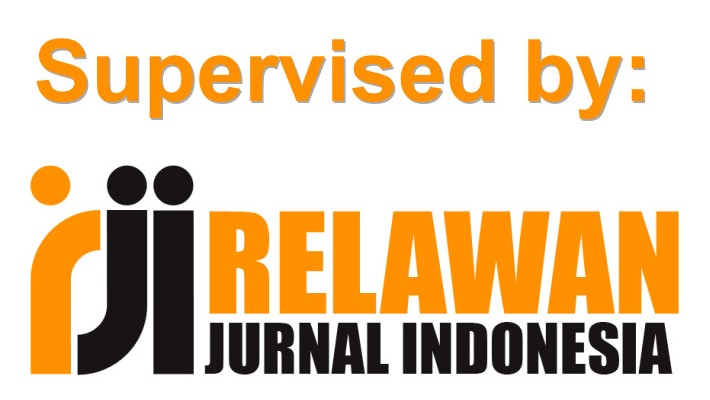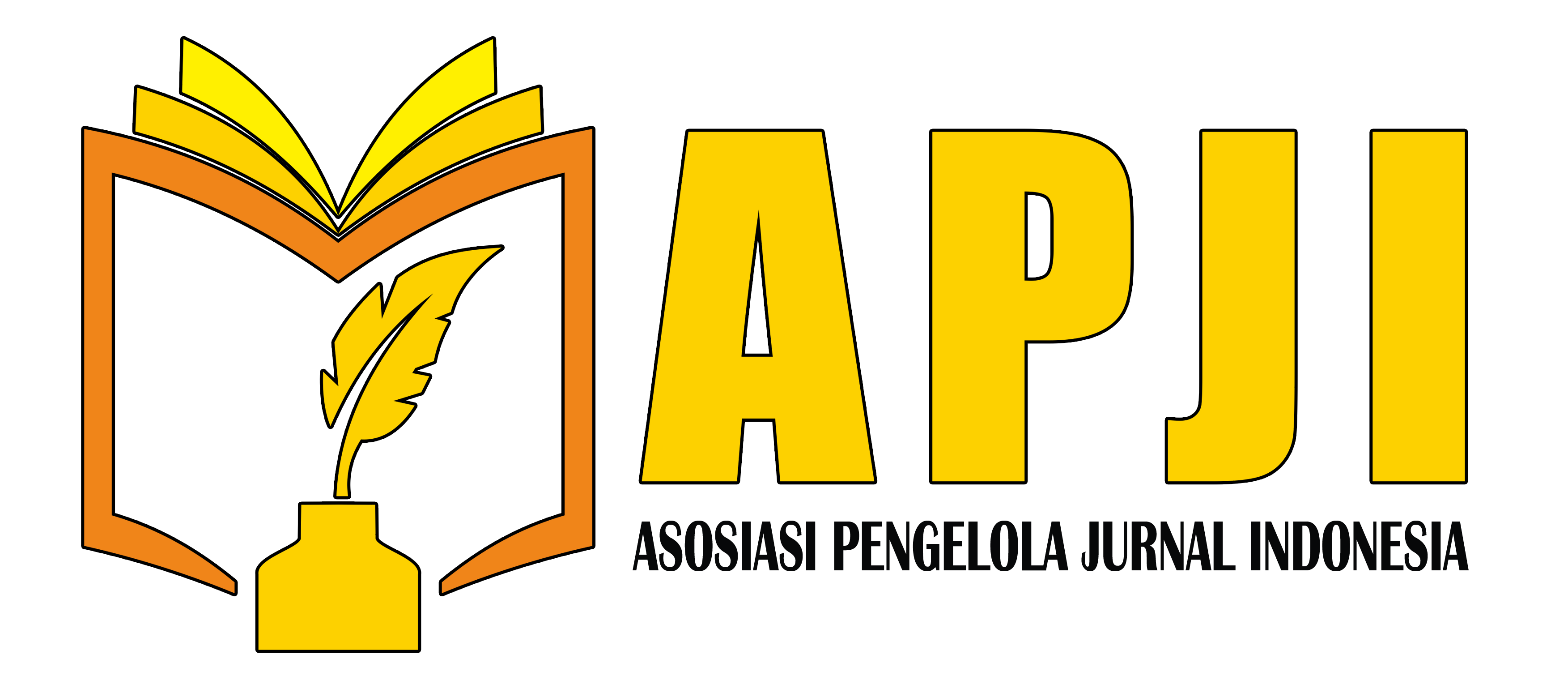Ethical and Responsible AI: Governance Frameworks and Policy Implications for Multi-Agent Systems
DOI:
https://doi.org/10.56127/ijst.v3i1.1962Keywords:
AI responsibility, MAS (multi-agent systems), AI governance, ethical frameworks, policy designing, explanation, accountability, autonomous agent/s,, socio-technical systemsAbstract
Semi-autonomous, augmented- Artificial Intelligence has become increasingly relevant as collective activities are practiced by two or more autonomic entities. MAS and AI at the intersection have fostered very new waves of socioeconomic exchange, necessitating technological governance and, the most challenging element of them all, ethical governance. These autonomous systems involve a network of decision-making agents working in a decentralized environment, entailing very high accountability, transparency, explanability, ethical alignment, and practically everything in between. The escalated societal functioning of these systems necessitates massive social governance policy interventions and an interdisciplinary governance framework. As an overarching look of multispecialty fields, the research aimed to underscore and pinpoint technology like responsible AI, normative governance frameworks, and multi-agent coordination. This paper unravels insofar as the ethical dilemmas in MAS, picking up loose threads from such international governance configurations and proposing a more adaptive regulatory ethic from an awareness of what it means to coordinate intelligent agents. Bringing together thoughts from ethics, law, computer science, and policy studies, the paper essentially sketches out a path for establishing an AI environment that is sustainable, trustworthy, and ethically grounded.
References
1. Criado, N., Argente, E., & Botti, V. (2011). Open issues for normative multi-agent systems. AI communications, 24(3), 233-264..
2. Chaput, R., Duval, J., Boissier, O., Guillermin, M., & Hassas, S. (2021, July). A multi-agent approach to combine reasoning and learning for an ethical behavior. In Proceedings of the 2021 AAAI/ACM Conference on AI, Ethics, and Society (pp. 13-23).
3. Calvaresi, D., Calbimonte, J. P., Dubovitskaya, A., Mattioli, V., Piguet, J. G., & Schumacher, M. (2019). The good, the bad, and the ethical implications of bridging blockchain and multi-agent systems. Information, 10(12), 363.
4. Gal, K., & Grosz, B. J. (2022). Multi-agent systems: Technical & ethical challenges of functioning in a mixed group. Daedalus, 151(2), 114-126.
5. Belloni, A., Berger, A., Boissier, O., Bonnet, G., Bourgne, G., Chardel, P. A., ... & Zimmermann, A. (2015, January). Dealing with Ethical Conflicts in Autonomous Agents and Multi-Agent Systems. In AAAI Workshop: AI and Ethics.
6. Ho, J., & Wang, C. M. (2021, September). Human-centered ai using ethical causality and learning representation for multi-agent deep reinforcement learning. In 2021 IEEE 2nd International Conference on Human-Machine Systems (ICHMS) (pp. 1-6). IEEE.
7. Cointe, N., Bonnet, G., & Boissier, O. (2020). Ethics-based cooperation in multi-agent systems. In Advances in Social Simulation: Looking in the Mirror (pp. 101-116). Springer International Publishing.
8. Chaffer, T. J., Goldston, J., Okusanya, B., & A I, G. D. (2024). On the ETHOS of AI Agents: An Ethical Technology and Holistic Oversight System. arXiv preprint arXiv:2412.17114.
9. Lu, Q., Zhu, L., Xu, X., Whittle, J., Zowghi, D., & Jacquet, A. (2024). Responsible ai pattern catalogue: A collection of best practices for ai governance and engineering. ACM Computing Surveys, 56(7), 1-35.
10. Rodriguez-Soto, M., Lopez-Sanchez, M., & Rodriguez-Aguilar, J. A. (2023). Multi-objective reinforcement learning for designing ethical multi-agent environments. Neural Computing and Applications, 1-26.
11. Renda, A. (2019). Artificial Intelligence. Ethics, governance and policy challenges. CEPS Centre for European Policy Studies.
12. Deshmukh, J. (2023, May). Emergent responsible autonomy in multi-agent systems. In Proceedings of the 2023 International Conference on Autonomous Agents and Multiagent Systems (pp. 3029-3031).
13. Baldoni, M., Baroglio, C., Micalizio, R., & Tedeschi, S. (2023). Accountability in multi-agent organizations: from conceptual design to agent programming. Autonomous Agents and Multi-Agent Systems, 37(1), 7.
14. Stenseke, J. (2024). Artificial virtuous agents in a multi-agent tragedy of the commons. AI & SOCIETY, 39(3), 855-872.
15. Bojic, L., & Dapic, V. (2023). The Interplay of Social and Robotics Theories in AGI Alignment: Navigating the Digital City Through Simulation-based Multi-Agent Systems. In BISEC (pp. 58-63).
16. Gahnberg, C. (2021). What rules? Framing the governance of artificial agency. Policy and society, 40(2), 194-210.
17. Chaput, R. (2022). Learning behaviours aligned with moral values in a multi-agent system: guiding reinforcement learning with symbolic judgments (Doctoral dissertation, Université Claude Bernard-Lyon I).
18. Bringsjord, S., Govindarajulu, N. S., & Giancola, M. (2021). Automated argument adjudication to solve ethical problems in multi-agent environments. Paladyn, Journal of Behavioral Robotics, 12(1), 310-335.
19. Talebirad, Y., & Nadiri, A. (2023). Multi-agent collaboration: Harnessing the power of intelligent llm agents. arXiv preprint arXiv:2306.03314.
20. Rădulescu, R. (2024). The World is a Multi-Objective Multi-Agent System: Now What?. In ECAI 2024 (pp. 32-38). IOS Press.
21. Woodgate, J. M., & Ajmeri, N. (2022, May). Macro ethics for governing equitable sociotechnical systems. In AAMAS'22: International Conference on Autonomous Agents and Multi-Agent Systems (pp. 1824-1828). IFAAMAS Press.
22. SERAFIMOVA, S. (2022). The issue of trustworthiness in the HA-AV multi-agent system. Етически изследвания, 77-93.
23. Deshmukh, J., Adivi, N., & Srinivasa, S. (2023, July). Resolving the dilemma of responsibility in multi-agent flow networks. In International Conference on Practical Applications of Agents and Multi-Agent Systems (pp. 76-87). Cham: Springer Nature Switzerland.
24. Buechner, J., & Tavani, H. T. (2011). Trust and multi-agent systems: Applying the “diffuse, default model” of trust to experiments involving artificial agents. Ethics and information Technology, 13, 39-51.
25. Zhao, J., & Yu, W. (2023). Quantum Multi-Agent Reinforcement Learning as an Emerging AI Technology: A Survey and Future Directions. Authorea Preprints.
26. Gandon, F. (2002). Distributed Artificial Intelligence and Knowledge Management: ontologies and multi-agent systems for a corporate semantic web (Doctoral dissertation, Université Nice Sophia Antipolis).
27. Cruz, C. J. X. (2024). Transforming Competition into Collaboration: The Revolutionary Role of Multi-Agent Systems and Language Models in Modern Organizations. arXiv preprint arXiv:2403.07769.
28. Bezou-Vrakatseli, E., Brückner, B., & Thorburn, L. (2023, September). SHAPE: A framework for evaluating the ethicality of influence. In European Conference on Multi-Agent Systems (pp. 167-185). Cham: Springer Nature Switzerland.
29. Zeng, Y., Wu, Y., Zhang, X., Wang, H., & Wu, Q. (2024). Autodefense: Multi-agent llm defense against jailbreak attacks. arXiv preprint arXiv:2403.04783.
30. Hosseini, H. (2024, March). The fairness fair: Bringing human perception into collective decision-making. In Proceedings of the AAAI Conference on Artificial Intelligence (Vol. 38, No. 20, pp. 22624-22631).
















